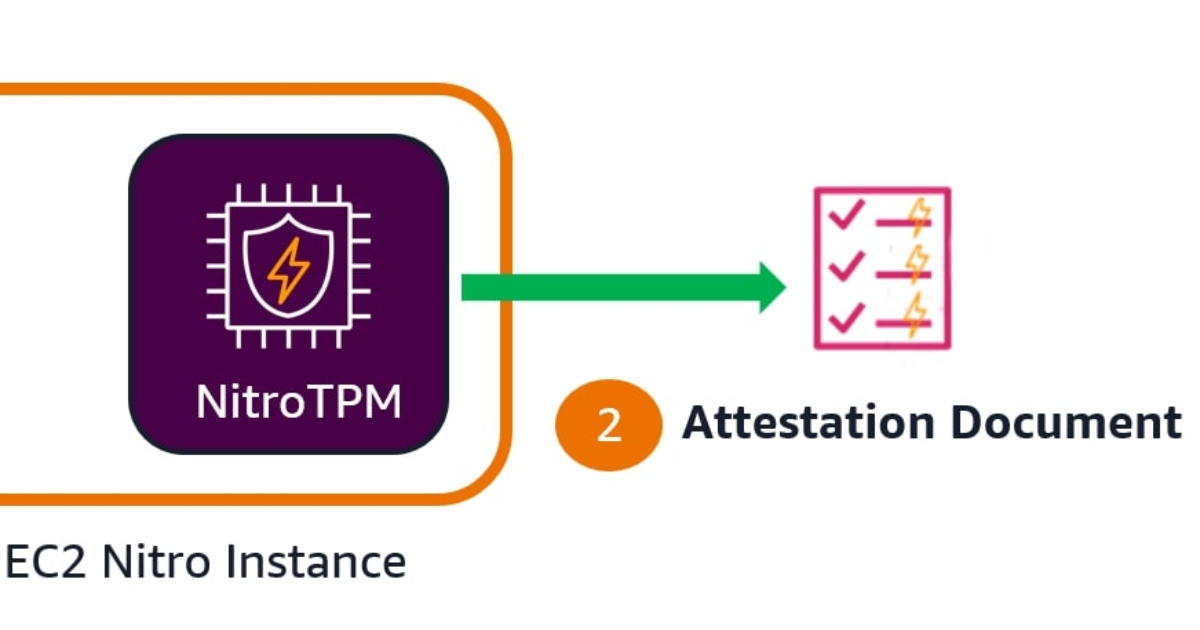The combination of lenvatinib (Lenvima) and everolimus (Afinitor) reduced the risk of progression or death by 49% compared with cabozantinib (Cabometyx) for patients with metastatic clear cell renal cell carcinoma (ccRCC) following progression on a PD-1 inhibitor, according to findings from a phase 2 study presented at the
In the multicenter phase 2 study, the median progression-free survival (PFS), which was the primary end point of the study, was 15.7 months with the combination of lenvatinib plus everolimus compared with 10.2 months with cabozantinib (HR, 0.51; 95% CI, 0.29-0.89; P = .02). There were more adverse events (AEs) observed with the combination, but these differences were not deemed statistically significant. Grade 3/4 AEs were experienced by 67.5% of those treated with lenvatinib plus everolimus compared with 50% of those receiving cabozantinib (odds ratio [OR], 2.08; 95% CI, 0.86-5.02).
“Lenvatinib plus everolimus significantly prolonged progression-free survival over cabozantinib,” Andrew W. Hahn, MD, Department of Genitourinary Medical Oncology, Division of Cancer Medicine, The University of Texas MD Anderson Cancer Center, said during a presentation of the results. “As the first head-to-head randomized comparison of contemporary second-line or later treatments after immune checkpoint inhibition, these results are relevant to treatment sequencing and inform oncology practice.”
The study enrolled 86 patients, with 40 receiving the combination and 46 receiving cabozantinib. For the combination arm, lenvatinib was administered at 18 mg per day and everolimus was given at 5 mg per day. Cabozantinib was administered at 60 mg per day. The most common prior treatment was the combination of nivolumab (Opdivo) and ipilimumab (Yervoy), which was received by 70.9% of patients enrolled in the study. This was followed by the combination of pembrolizumab (Keytruda) and axitinib (Inlyta) for 16.3%, adjuvant pembrolizumab for 4.7%, and any other checkpoint inhibitor for 8.1%.
Baseline characteristics were well balanced between the groups with most patients (69.8%) in each group having received 1 prior line of therapy and 30.2% having received 2 prior lines of therapy. Nearly half of patients had received prior VEGF-targeted therapy (45% for the combination arm and 41.3% for the single agent group). The IMDC risk was primarily intermediate in both groups (80% for combination and 73.9% for single agent). The IMDC risk was poor for 7.5% of those in the combination arm and for 8.7% of those in the control arm.
The objective response rate was 52.6% with lenvatinib plus everolimus compared with 38.6% with cabozantinib. Although numerically higher, this rate did not pass the bar for statistical significance (OR, 1.87; 95% CI, 0.75-4.6; P = .17). In addition to responses, stable disease was observed in 39.5% of those receiving the combination and for 54.5% of those in the single-agent arm.
The study was not designed to assess differences in overall survival (OS) and findings for this end point were still immature, Hahn noted. After a median of 20 months of follow-up, there had been 11 events in the combination arm and 13 in the control group. The 1-year OS probability was 87.0% with lenvatinib plus everolimus compared with 84.6% with cabozantinib (HR, 1.05; 95% CI, 0.47-2.38; P = .86).
Serious AEs were experienced by 27.5% of those treated with lenvatinib plus everolimus compared with 19.6% of those in the cabozantinib arm (OR, 1.56; 95% CI, 0.57-4.24). Dose interruptions were necessary for 70% of those in the combination arm compared with 78.3% of those in the cabozantinib group (OR, 0.65; 0.24-1.73). Dose reductions were necessary for 57% and 60.9% of those in the combination and control arm, respectively (OR, 0.80; 95% CI, 0.33-1.93). Treatment discontinuation was more common in the combination group at 20% compared with the single agent at 10.9% (OR, 2.05; 95% CI, 0.61-6.91).
“Of the 8 patients who discontinued treatment with lenvatinib plus everolimus, 5 of those were due to proteinuria,” said Hahn.
The most commonly observed AEs in the study aligned with those historically associated with each agent, Hahn noted. For the combination and single agent arms, respectively, the most common all-grade AEs were diarrhea (70% vs 73.9%), fatigue (72.5% vs 60.9%), proteinuria (65% vs 37%), hypertension (57.5% vs 39.1%), nausea (40% vs 39.1%), palmar-plantar erythrodysesthesia (20% vs 52.2%), vomiting (32.5% vs 34.8%), and oral mucositis (15% vs 43.5%).
“This is a positive phase 2 trial and demonstrates improved PFS and response compared with cabozantinib, but with higher toxicity,” said invited discussant Lisa M. Pickering, consultant medical oncologist at The Royal Marsden, MD, PhD, FRCP. “So, is it positive enough? I think that depends on you and your patient, but I would say that we can and should consider using lenvatinib/everolimus, particularly in patients for whom the priority is response and to who the toxicity rate is acceptable.”
The combination of lenvatinib and everolimus was approved by the FDA in 2016 for the treatment of patients with advanced RCC after a prior anti-angiogenic agent.3 The phase 2 study was completed to assess the combination in a more contemporary treatment setting, Hahn noted.
References
- Hahn AW, Chahoud J, Skelton W, et al. LenCabo: A randomized phase II multicenter trial of lenvatinib plus everolimus (len/eve) versus (vs) cabozantinib (cabo) in patients (pts) with metastatic clear cell RCC (ccRCC) that progressed on PD-1 immune checkpoint inhibition (ICI). Presented at: 2025 ESMO Congress; October 17-21, 2025; Berlin, Germany. Abstract LBA94.
- Hahn AW, Chahoud J, Skelton WP, et al. A multicenter randomized phase II trial of lenvatinib plus everolimus versus cabozantinib in patients with metastatic clear cell RCC that progressed on PD-1 immune checkpoint inhibition (LenCabo). Ann Oncol. 2025. Doi:10.1016/j.annonc.2025.10.009.
- Lenvatinib in combination with Everolimus. FDA. May 16, 2016. Accessed October 18, 2025. https://www.fda.gov/drugs/resources-information-approved-drugs/lenvatinib-combination-everolimus








